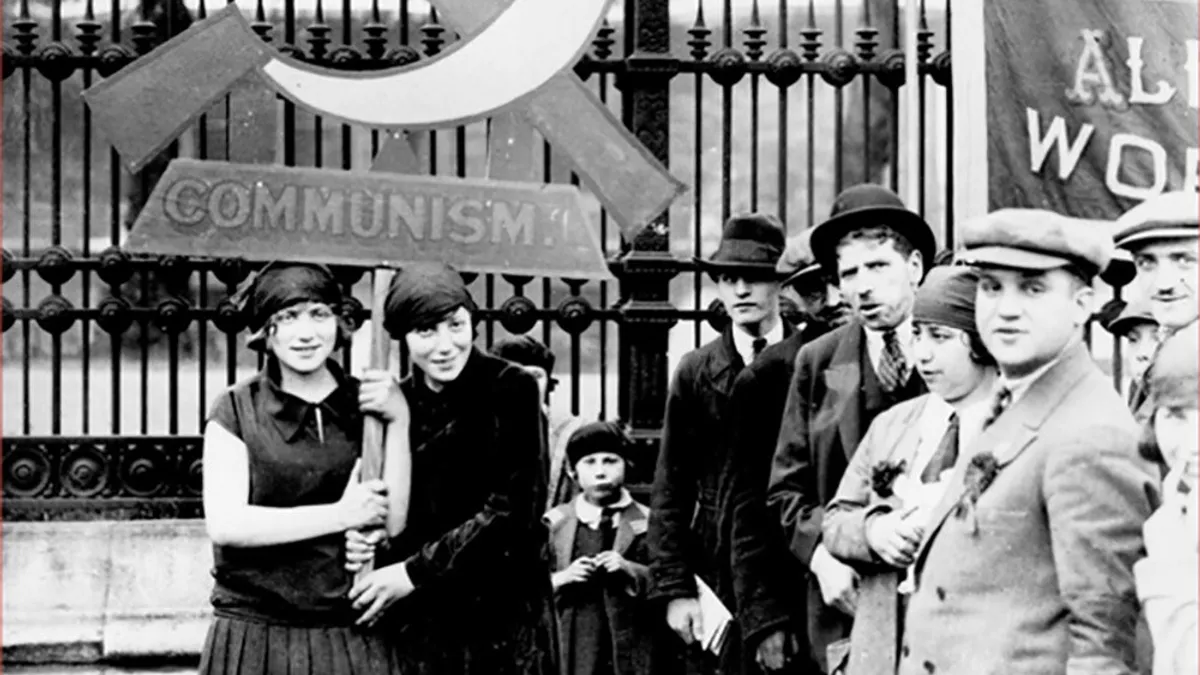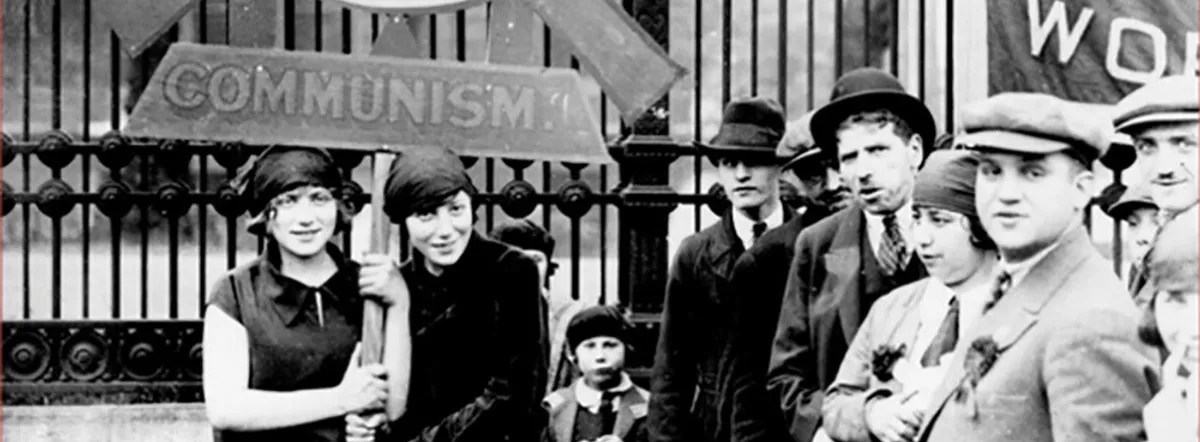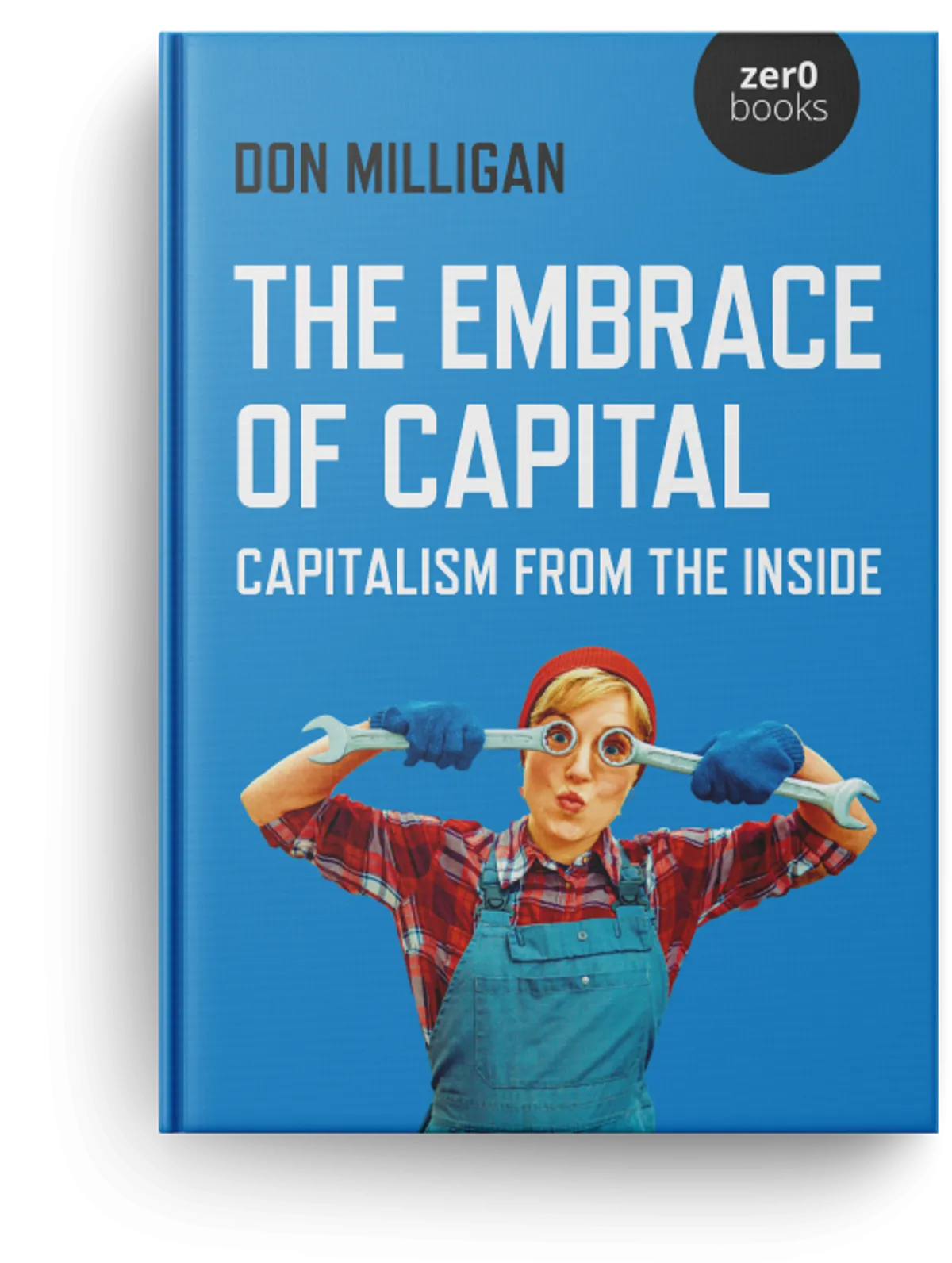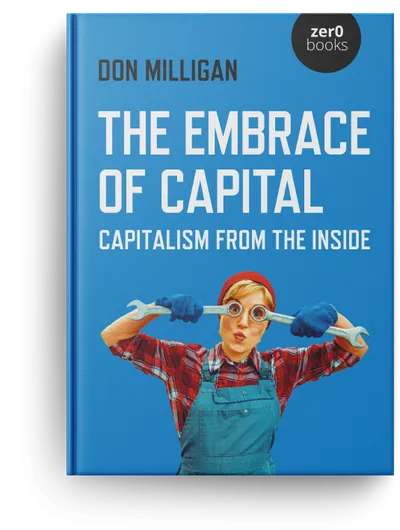By using this website, you agree to our Privacy Policy
×COMMUNISM
Stalinism, Tradition, and the Working Class


A response to comrades who honeymoon in the past
DON MILLIGAN
The Mayday in London, 1928
Dictatorship of the Proletariat
There is one, only one, essential element in the Marxist critique of capitalism. It is very simple and very plain, but in it are focused all the many-faceted analyses of the capitalist order. It is this: there is a striking contradiction between the increasingly social character of the process of production and the anti-social character of capitalist property. [. . . ] This contradiction between the anti-social character of [private] property and the social character of our production is the source of all anarchy and irrationality in capitalism.1
Isaac Deutscher
1 Isaac Deutscher, ‘Marxism in Our Time’, 1965, in Isaac Deutscher, Marxism, Wars & Revolutions: Essays from four decades, London: Verso, 1984, pp.251-2.
In the Marxist tradition ‘dictatorship’ means domination and, just to confuse matters, it also carries with it the rather more conventional political meaning that refers to a state of lawless and arbitrary rule by a tyrant or an association of tyrants.
In the former rather than the latter sense Marxists have always thought of capitalist society as ‘the dictatorship of the bourgeoisie’. After all, capitalist society is founded upon the defence of private property against all comers, and the state and legal system is organized to ensure that the most favourable social and political conditions for the businessman and the entrepreneur prevail. The state guarantees the right of the owners of private capital to employ workers to generate profits in order to finance a new round of private investment, and so on. Irrespective of whether or not the state or political form of capitalist rule is oligarchic, dictatorial, or democratic, Marxists in the past, and today, regard the bourgeois domination of society as ‘dictatorial’.


Pre-order today
“Genuinely thought provoking and provocative. A much-needed takedown of what Orwell once called the ‘smelly little orthodoxies’ of the left, and why they are so distant and alienated from the working class they claim to fight for.” - Ralph Leonard
PRE-ORDER on AMAZON


